Search Results for Tag: ice
Santa in distress in a melting Arctic
As I was floating around our local swimming pool to the sound of “Rudolph the red-nosed reindeer” last night, the thought of reindeer in water took my thoughts up north. Poor old Santa must be having a worrying time. Snow and sleighs are the basis of his business. If anybody has to be concerned about what climate change is doing to the Arctic, it has to be Santa. His snowy wonderland is melting twice or even three times as fast as the rest of the planet. Reindeer are threatened by climate change, a new report confirms.
Maybe he is already thinking about some alternative transport. Marine animals to get across an increasingly watery north? Walruses? Whales? Dolphins? But he’d have problems putting them out the back to graze while he distributes the presents and sips his sherry. And in the long-term their food sources could be increasingly problematic with ocean acidification threatening so many species. A hi-tech climate-neutral alternative like the solar plane? Not much good at night. And not nearly as much fun as reindeer.
Then come the territorial disputes, with Canada and Russia arguing over who owns the North Pole. Santa would not want to be caught in the crossfire. And landing on rooftops is becoming increasingly hazardous. Does it count as hooliganism?
His Russian partner “Father Frost” (aka Grandfather Frost or Jack) must be getting a bit worried as well. He’s said to be building a giant freezer to keep Siberia cool – powered presumably with oil and gas from the Arctic.
I’m not the only one to be concerned. Greenpeace have come up with a “Save Santa’s Home” campaign, and a whole set of electronic Christmas cards drawing attention to the plight of our jovial white-bearded gift-bringer. And if you haven’t seen Santa’s Message on video, have a look. And remember we British have a tongue-in-cheek kind of sense of humour. CNN missed that, I think, when they broadcast their own story about the video (although it is not without a sliver of its own biting wit). Reporter Jeanne Moos reminds Santa that “An organisation of climate change sceptics” is talking about “recovering Arctic ice”. The “other side” does (in the interests of unbiased journalism no doubt 😉 ? get quoted in the report. Moos talks about “those who believe in global warming” as if the majority who accept the findings of something like 99% of scientists, the UN, the IPCC… belonged to a weird sect.
 Santa, I’m with you and all those who are interested in protecting the Arctic from climate change and pollution. Rudolph, Dancer, Prancer and the rest of you guys – keep up the good work. You make millions of kids (and a lot of grown ups) happy every Christmas. Here’s hoping the world will take some steps in 2014 that will preserve your frozen north home for generations to come.
Santa, I’m with you and all those who are interested in protecting the Arctic from climate change and pollution. Rudolph, Dancer, Prancer and the rest of you guys – keep up the good work. You make millions of kids (and a lot of grown ups) happy every Christmas. Here’s hoping the world will take some steps in 2014 that will preserve your frozen north home for generations to come.
Merry Christmas everybody! The iceblogger will be back in January 2014. Keep your eye out for the odd tweet @iceblogger
Canada and Russia rippling muscles in the Arctic
Enjoying my morning tea the other day, my attention was caught by an Arctic headline in our local newspaper. When the Arctic makes its way into a publication I read rather for its regional flavour than international current affairs, I get the feeling there are certainly things afoot. Or is it just that stories involving Russia and any possible military conflict appeal to the public at the moment? The story was the latest sabre-rattling by Vladimir Putin, saying Russia would be stepping up its military presence in the Arctic to defend the country’s geopolitical interests.
The Kremlin chief has been turning into a bit of a public enemy number one here, with the arrest of the “Arctic 30” and refusal to comply with the international maritime tribunal, the pressure on the Ukraine to keep away from the EU and the publicity of the treatment of homosexuals in the run-up to the winter Olympics. Now the big, bad Russians are sending soldiers up to the North Pole, that iconic supposedly untouched frozen waste at the top of the planet, which belongs to no country. Not so far anyway.
We remember how a Russian submarine planted its flag on the seabed under the North Pole in 2007. Back in 2001 Russia submitted a claim to extend its nautical borders to the UN commission on the limits of its continental shelf. In the meantime, the rapidly warming climate has increased the international race to get at Arctic resources and develop an infrastructure to profit from increased shipping through the area.
I do find it a matter of concern that Russia is re-opening military bases in the Arctic and has sent warships up there for the first time in more than 20 years. Luke Harding in the Guardian links Russia’s renewed interest in the region directly to Putin’s ascent to the Kremlin in 2000. In contrast to the policies under Dmitry Medvedev, “Putin’s Arctic rhetoric has been hawkish”, Harding writes. The same can be said of Canada’s conservative prime minister Stephen Harper. Canada has just submitted its claim to the UN Commission and says it will actually be laying claim to the North Pole soon. As current chair of the Arctic Council, Canada has been stressing the need to develop the region. This week I talked to a Canadian colleague, who was flabbergasted by the latest Canadian antics concerning the High North. His scepticism was based on what he sees as a huge discrepancy between the might of Putin’s Russia and a Canada with limited military resources.![]()
![]() Let us hope that military power is not what will decide the struggle for the North Pole and the Arctic in general. If the countries put as much effort into reducing emissions and developing climate-friendly technologies as into military developments – and I am thinking of political rhetoric and pr as much as actual spending – the Arctic might be able to continue to be the remote, frozen area at the top of the world with its unique ecosystems preserved for future generations.
Let us hope that military power is not what will decide the struggle for the North Pole and the Arctic in general. If the countries put as much effort into reducing emissions and developing climate-friendly technologies as into military developments – and I am thinking of political rhetoric and pr as much as actual spending – the Arctic might be able to continue to be the remote, frozen area at the top of the world with its unique ecosystems preserved for future generations.![]()
“On Thin Ice” at Warsaw climate talks
Did you know it was the “Day of the Cryosphere” at the Warsaw climate talks COP 19 in Warsaw yesterday? If not, you might be forgiven. I haven’t seen it making the headlines in the mainstream media. That is a pity, given that what climate change is doing to our ice, snow and permafrost has repercussions for the whole planet.
![]() read more
read more
Melting permafrost eroding Siberian coasts
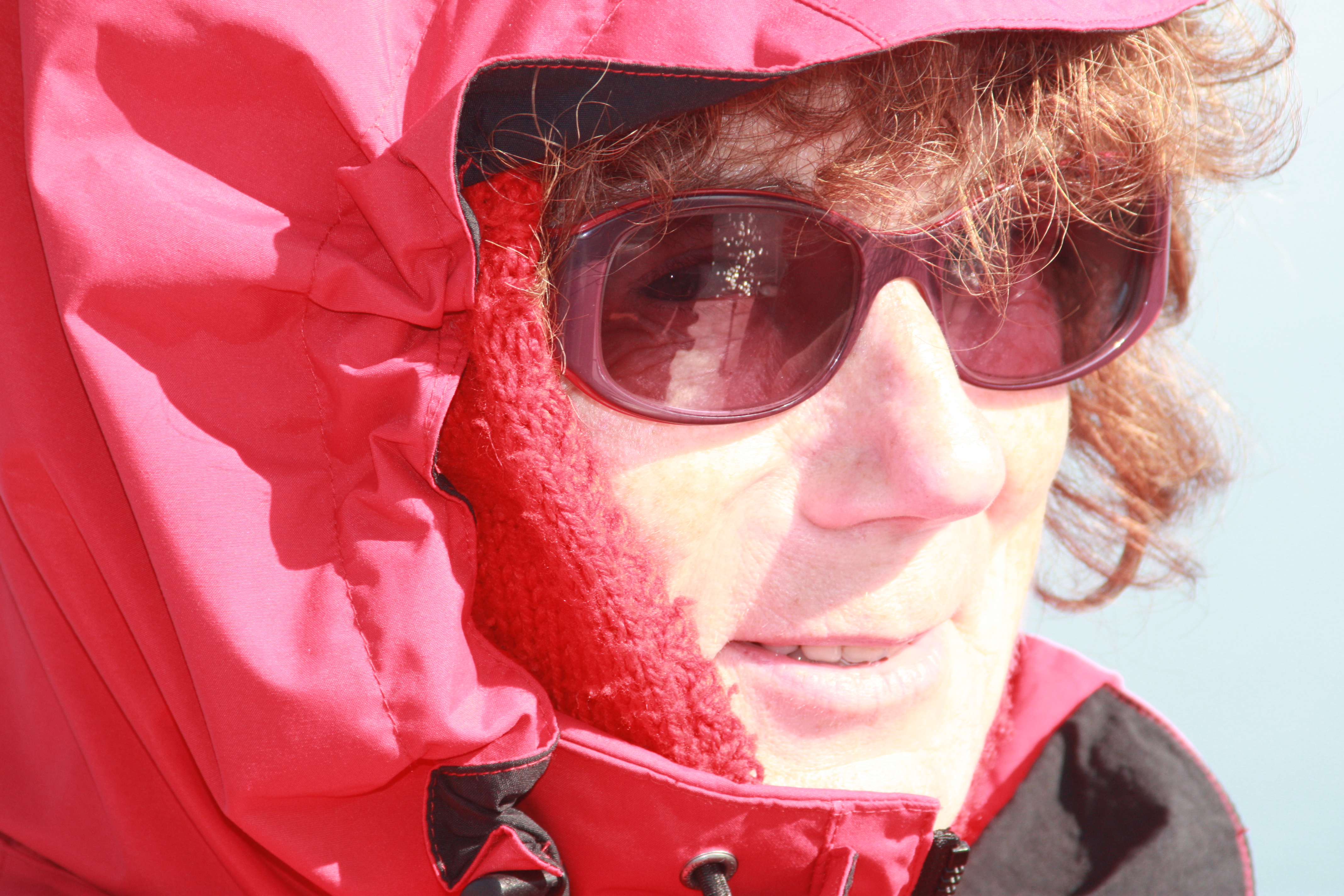 Rising summer temperatures and dwindling Arctic sea ice are eroding the cliffs of Eastern Siberia at an increasing pace. Scientists from AWI, the German Alfred Wegener Institute and the Helmholtz Centre for Polar and Marine Research have been evaluating data and aerial photographs of the coastal regions from the last 40 years. As the sea ice recedes more and more from year to year, the cliffs are being undermined by waves. At the same time, the land surface is beginning to sink.
Rising summer temperatures and dwindling Arctic sea ice are eroding the cliffs of Eastern Siberia at an increasing pace. Scientists from AWI, the German Alfred Wegener Institute and the Helmholtz Centre for Polar and Marine Research have been evaluating data and aerial photographs of the coastal regions from the last 40 years. As the sea ice recedes more and more from year to year, the cliffs are being undermined by waves. At the same time, the land surface is beginning to sink.

This graphic, courtesy of AWI, shows the interaction between permafrost melt, wave action and coastal erosion
Disappearing island
The research documents warming summers. While the temperatures during the period looked at were higher than zero degrees Celsius on an average of 110 days per year, the scientists counted a total of 127 days in the years 2010 and 2011. In 2012, the number of days with temperatures above freezing increased to 134.The number of summer days on which the sea ice in the southern Laptew Sea vanishes completely is also on the increase. “During the past two decades, there were, on average, fewer than 80 ice-free days in this region per year. During the past three years, however, we counted 96 ice-free days on average. Thus, the waves can nibble at the permafrost coasts for approximately two more weeks each year,“ says AWI permafrost researcher Paul Overduin.
Not only a problem in Siberia
Sea ice plays an important role in protecting coasts from waves. When this barrier is not there, the waves dig deep and erode land away. I saw the results of this first-hand during a trip to Barrow, Alaska, in 2008. I visited sites at Point Barrow, the northernmost point of the United States, where villages had been washed into the sea. On a trip to Greenland in 2009, I was amazed to see buildings being artificially cooled to avoid them sinking into the ground as warming temperatures melt the permafrost.
In the area of Siberia investigated by the German scientists, high cliffs protect the coastline. As the permafrost melts above and waves cut in from below, the cliffs are undermined and break off.
The erosion does not only have an impact on land. It also washes material into the sea, changing the quality of the water. Depending on the kind of erosion and the particular structure of the coast, between 88 and 800 tons of plant-, animal, and microorganism-based carbon are currently washed into the sea per year and kilometer of coastline – materials which were previously sealed in the permafrost, according to the AWI researchers. Once in the water, carbon may turn into carbon dioxide and, as a result, contribute to the acidification of the oceans.
The studies were conducted as part of the PROGRESS project which is funded by the German Federal Ministry of Education and Research. PROGRESS is the acronym for Potsdamer Forschungs- und Technologieverbund für Naturgefahren, Klimawandel und Nachhaltigkeit (Potsdam Research Cluster for Georisk Analysis, Environmental Change and Sustainability).
“Poles apart” on the Arctic?
Intrigued by a tweet from the British Guardian, “Arctic melt means more pirate chases, say Polish climate hosts”, I clicked on to the website of the organisers of this year’s UN climate talks, to be held in the Polish capital Warsaw next month. Alas, the blog where the offending entry had been posted has been temporarily closed, leaving only this message:
“For the time being we decided to take some time away from our blog. Our idea was to focus attention on important issues that need good solutions and spark discussions on those. We did not foresee that some readers would take the presented texts literally as the official Polish position. Notwithstanding we would like to express regret as some of you found the text to be inappropriate. We acknowledge these criticisms. It was certainly not our aim to offend anybody. We will take due care that all new articles and posts on this website are written in a clear and sensitive manner so as to avoid misunderstandings. Stay tuned for more ideas.”
Unbelievable. The people responsible for the COP19 website have not felt obliged to write carefully up to now? People have been able to put their own “non-official” views on there? Well, the aim of “sparking discussions” has certainly been achieved, if not in the way the conference organisers intended. I will have to refer you to the Guardian if your curiosity is aroused as to what was actually on the blog before it was closed. Let it suffice here to quote the possibility mentioned there of “chasing the pirates, terrorists and ecologists that will come to hang around…” in the developing Arctic. No wonder Greenpeace and WWF amongst others called for the post to be removed. “Pirates, terrorists and ecologists”?
Poland’s hosting of the conference is in itself controversial, given that the country receives almost all its electricity from coal. The conference partners listed on the website include PGE, the Polish Energy Group which runs several coal power plants in the country, including the largest coal-fuelled thermal power plant in Europe, Belchatow.
Poland, you will have to smarten up your act and drastically improve your communications in the run-up to a key conference that should pave the way for emissions reductions in the interest of the Arctic and the rest of the planet. Assuming you are taking this issue seriously?



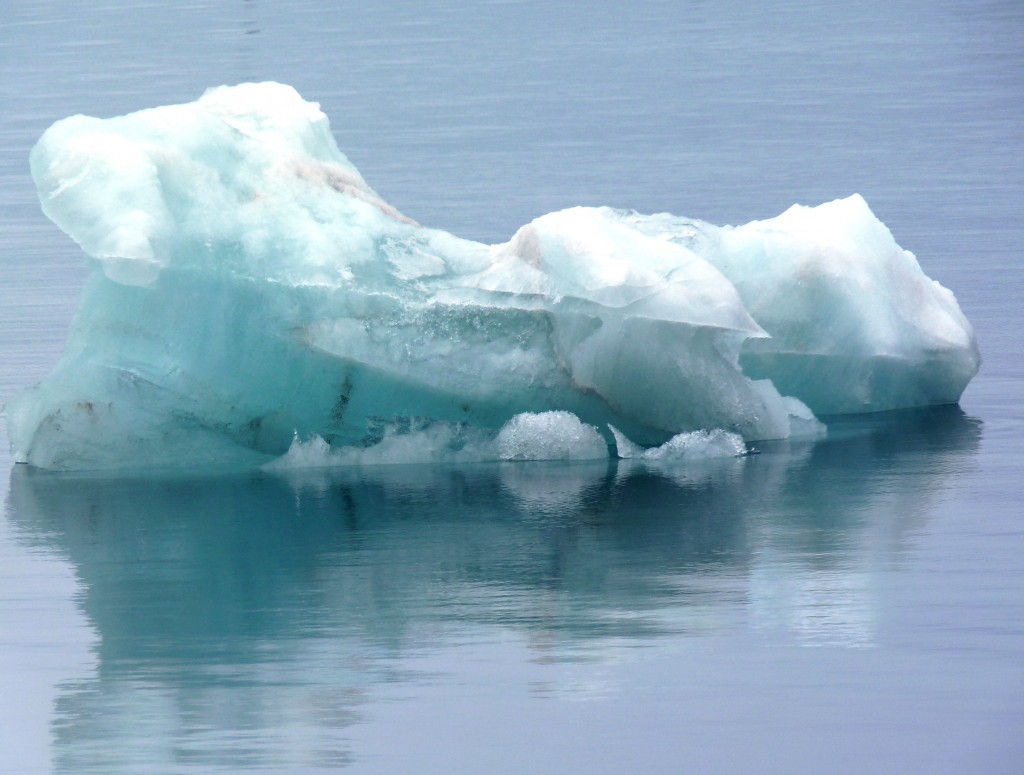
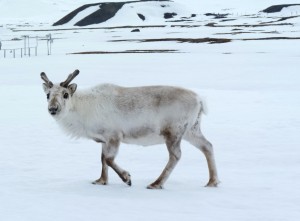


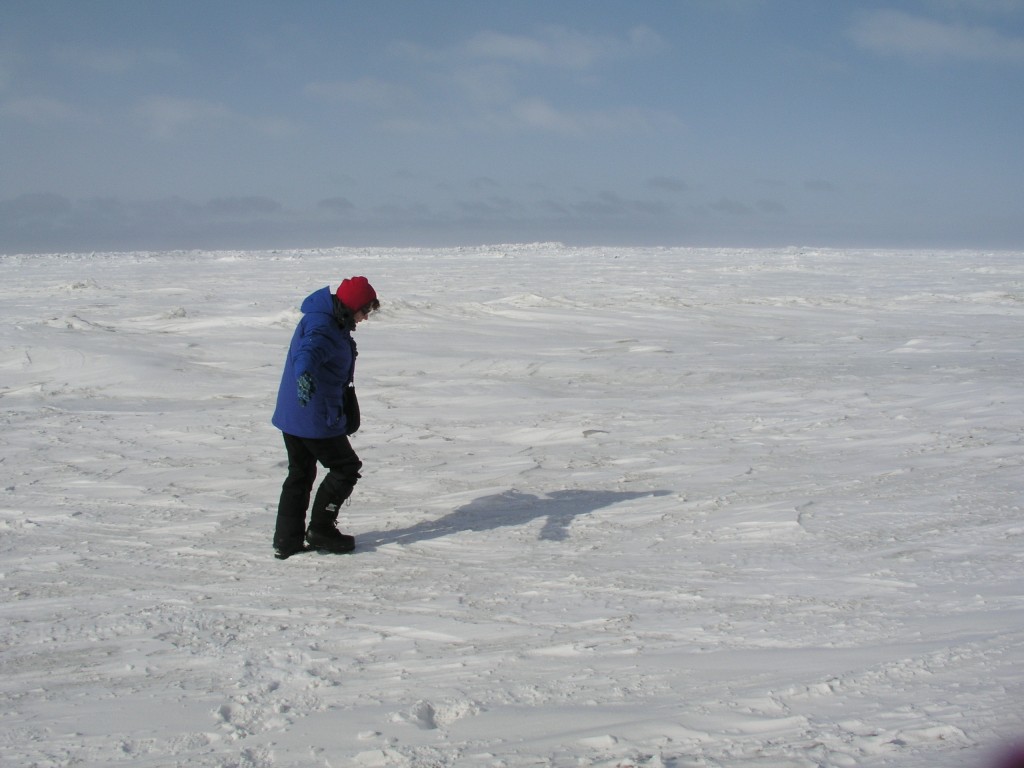
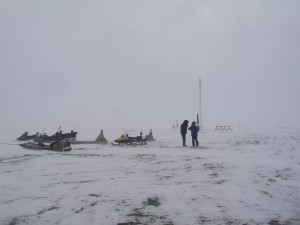
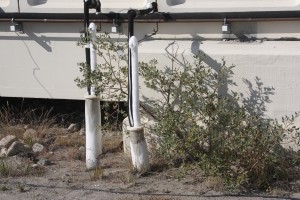
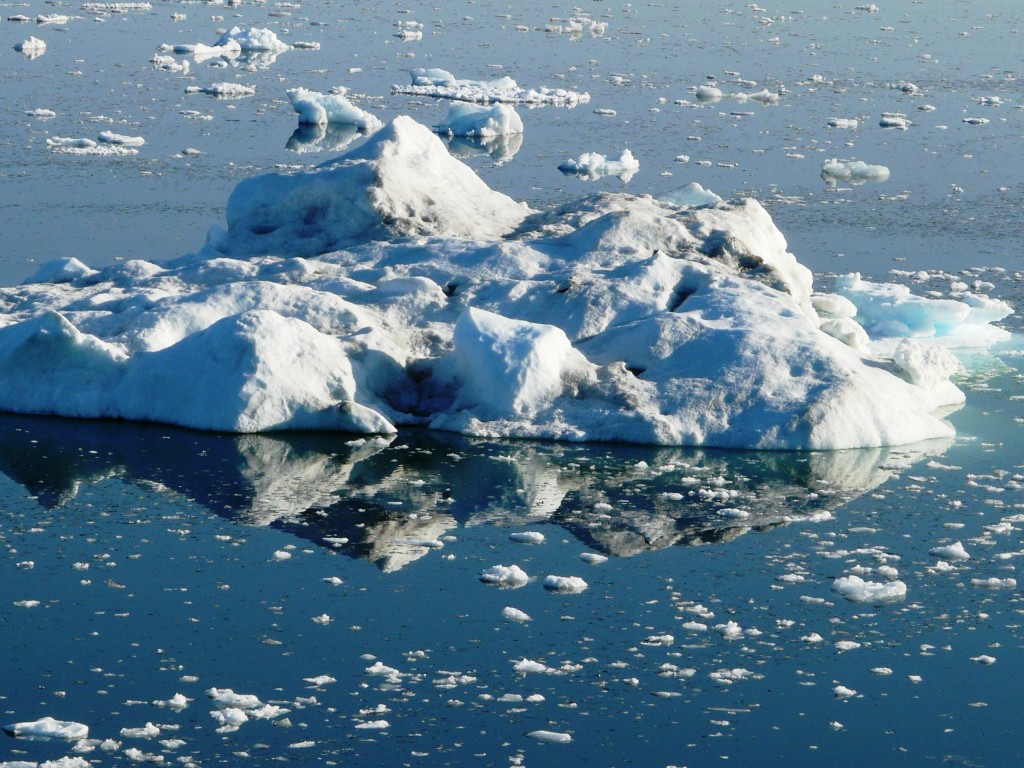
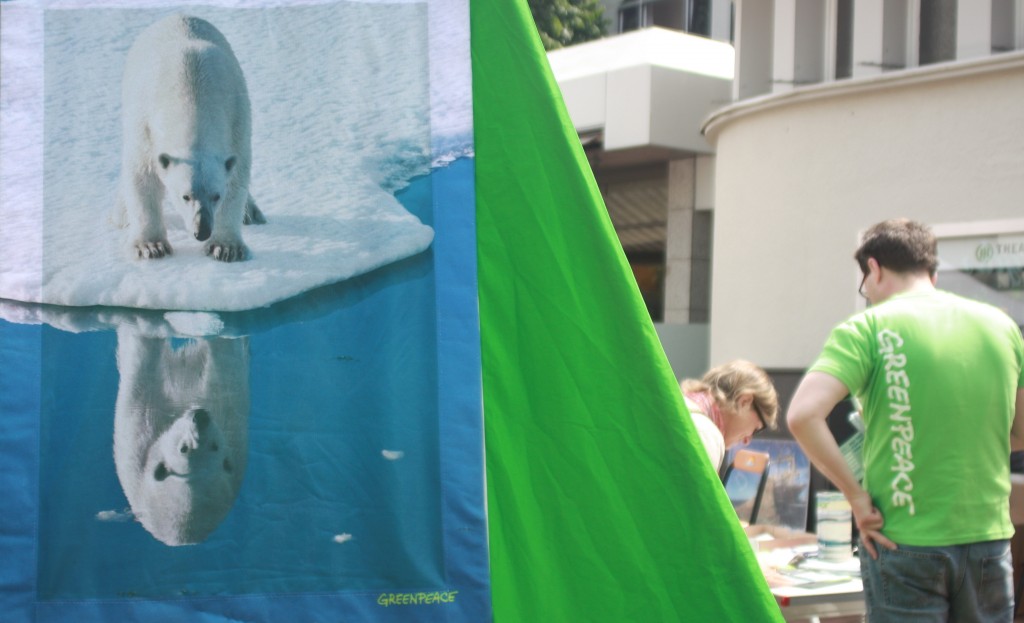
















Feedback